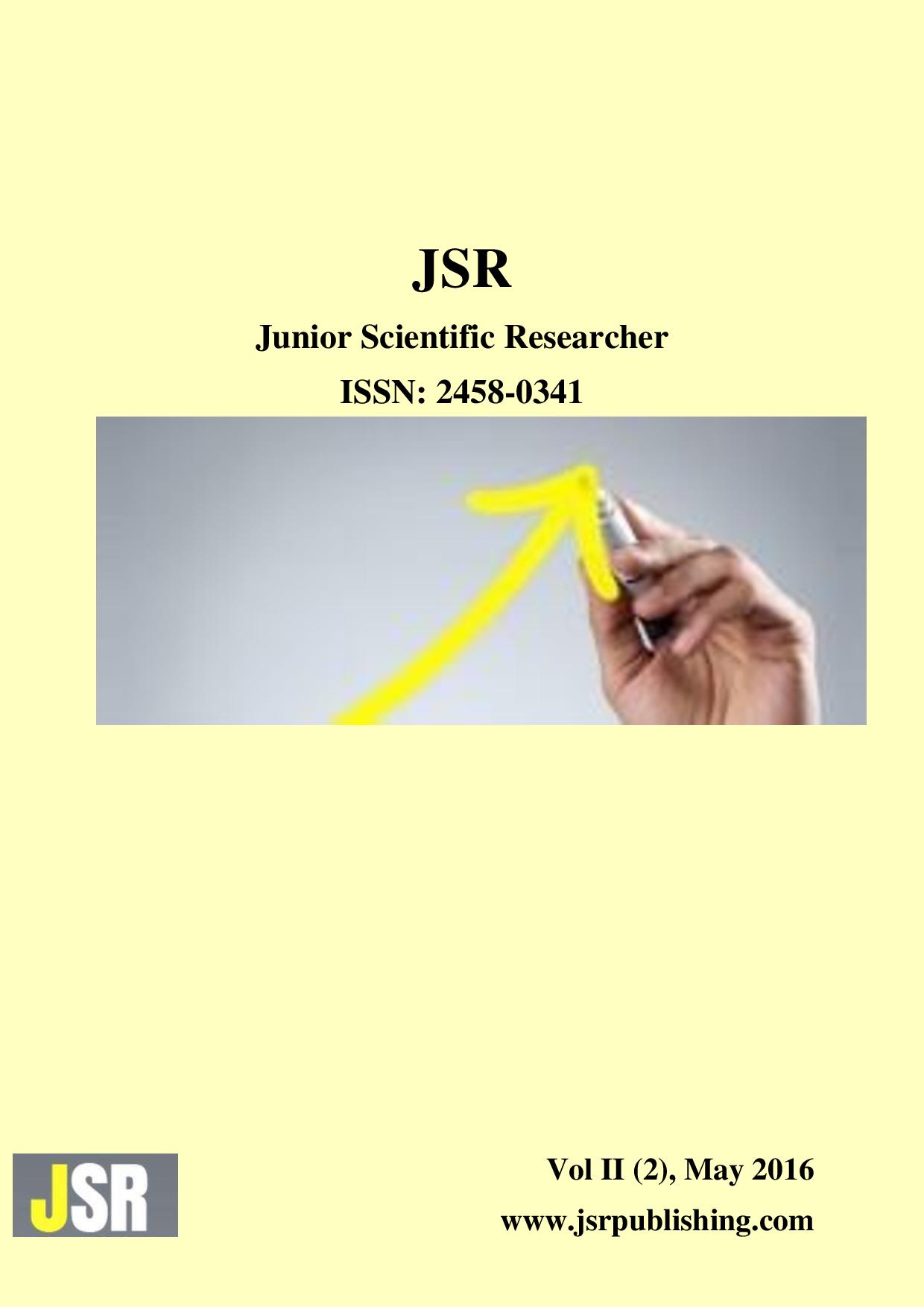CHINA’S RURAL – URBAN MIGRATION: WHO GAINS, WHO LOSES?
CHINA’S RURAL – URBAN MIGRATION: WHO GAINS, WHO LOSES?
CHINA’S RURAL – URBAN MIGRATION: WHO GAINS, WHO LOSES?
Author(s): Emmanuel Olusegun StoberSubject(s): Economy, National Economy, Economic development, Migration Studies, Socio-Economic Research
Published by: Research Publishing SRL
Keywords: China; Internal migration; Migrant workers; Remittance; Wages discrimination;
Summary/Abstract: There is a price to pay for any and every country to develop. This price can be said to have been duly paid by migrant workers in China. The benefit of such price is the stamping out of extreme poverty by 94% from 1990 – 2015. This study is embodied by the Lewis Structural Change Model and looks at China’s population control programs – the restriction on internal labor mobility, its income inequality implication and economy development. The research reveals how the sacrifices of the migrant workers payoff in reforming the economic conditions in the rural areas; this points to the reasons why the rural income and development are highly dependent on migrant remittance and why China’s economy development would not have been possible without labor migration.
Journal: Junior Scientific Researcher
- Issue Year: 2/2016
- Issue No: 2
- Page Range: 1-11
- Page Count: 11
- Language: English

